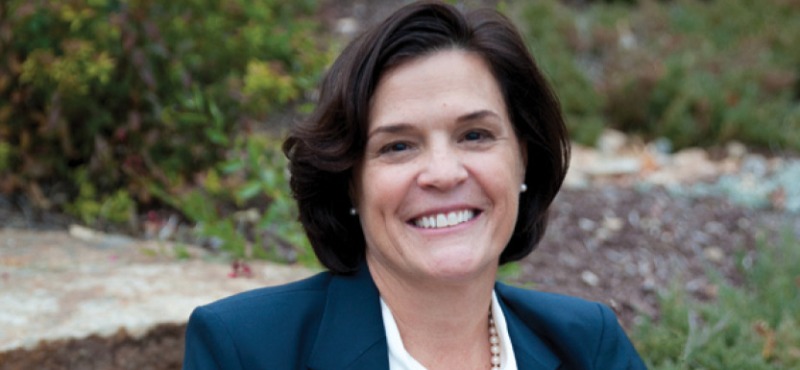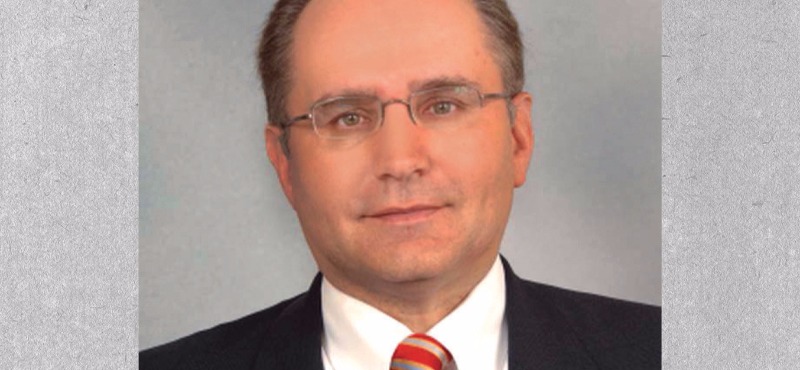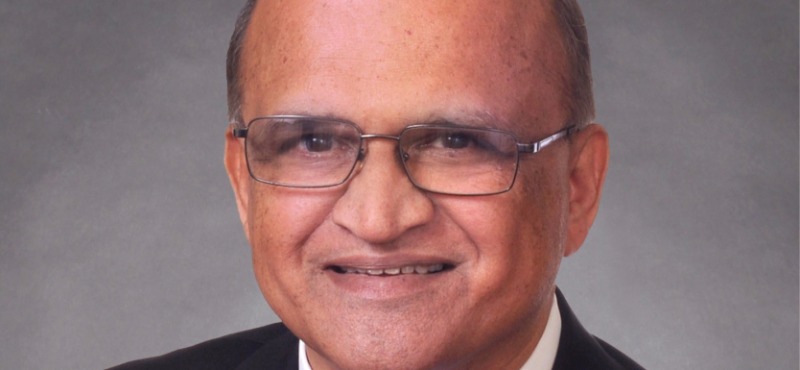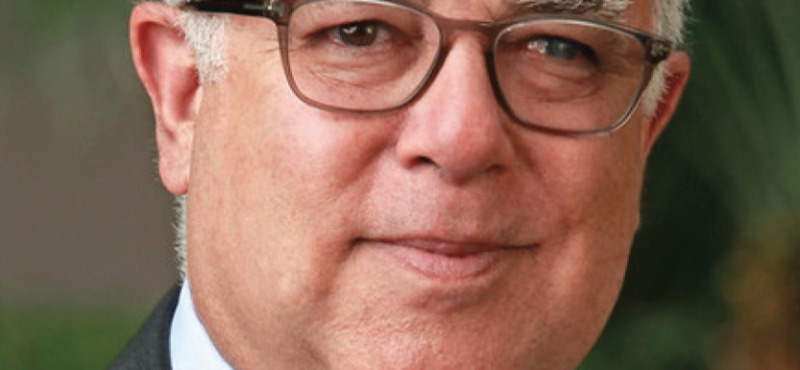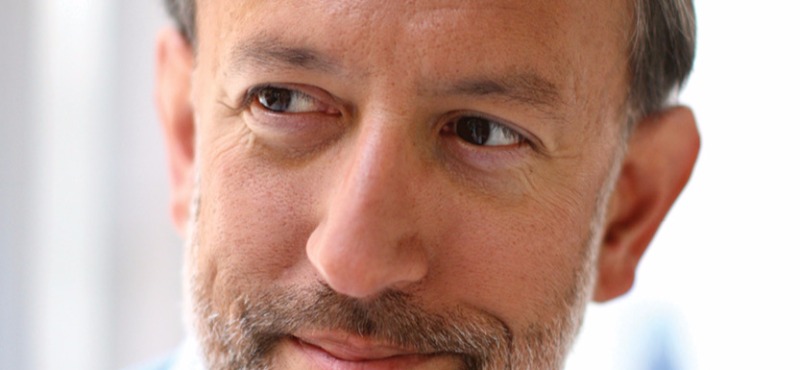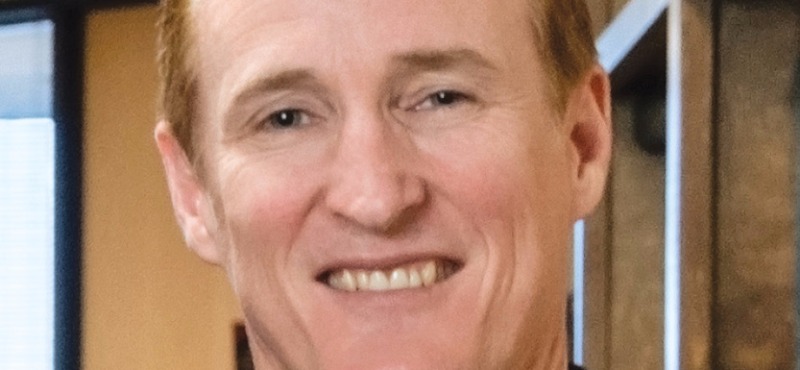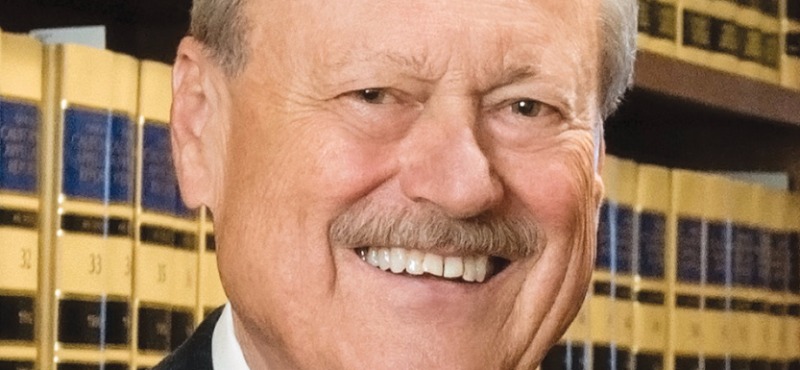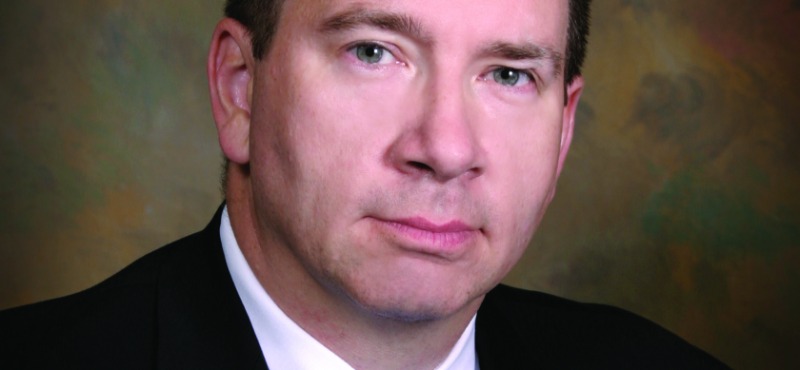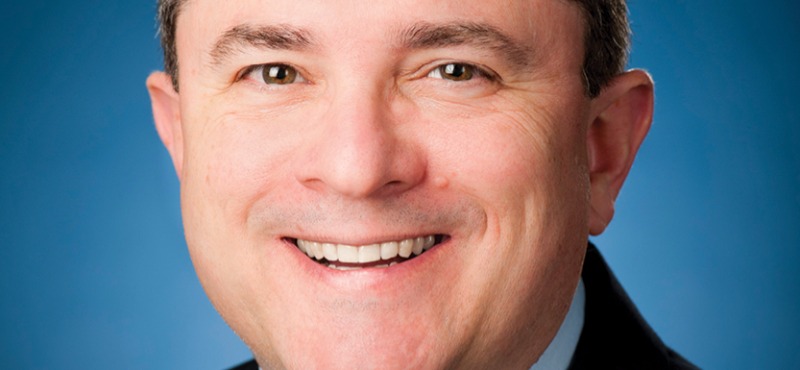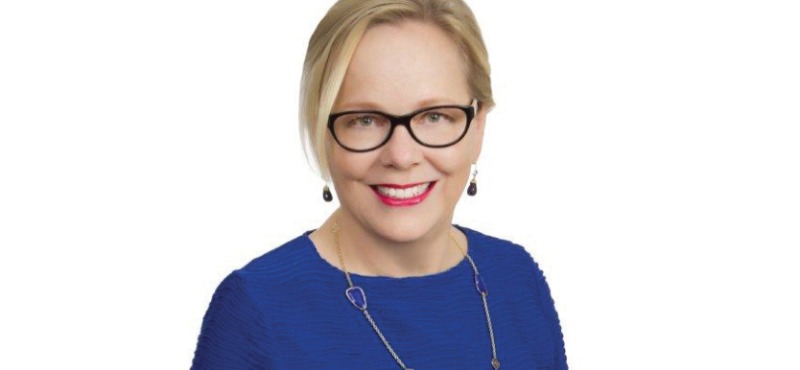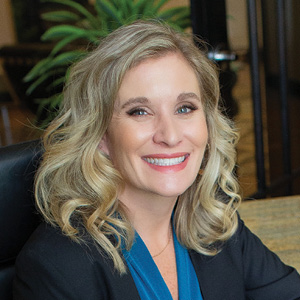A Q&A with Jerry Glover of Leavens, Strand, & Glover about his work and achievements in entertainment law.
How did you get into entertainment law? Were there any particular inspirations (people, events, or film) that spurred your interest?
I had an early interest in the industry. I did a lot of theater as a kid, starting at nine years of age and [as a] young adult (primarily musical theater) working as keyboard player, music director, actor, singer, dancer). When I moved to Chicago in 1980, I did some legal work for directors, choreographers, etc. on my own and through Lawyers for the Creative Arts (a Chicago-based legal services organization providing pro bono and low-cost legal services to Chicago’s creative communities). I then became in-house (and eventually senior vice president/general counsel) for Chicago’s public television station, WTTW, a major producing station for nationally broadcast programming on PBS. Because of the many shows/series produced by WTTW and the off-TV licensing deals they often involved, I learned a lot about the production business and licensing. I later joined a small entertainment firm and continued to represent primarily producers of film, theater, and TV. With two other partners, I formed Leavens, Strand & Glover in 2009. We are all entertainment lawyers and represent clients in all entertainment industries, including digital.
Who are some of your clients, and how have you advised them?
I still represent WTTW as outside counsel for production/underwriting/promotion matters. I have also represented Paramount Pictures Worldwide Marketing Partnerships division doing deals with large corporations that have agreed to co-promote new motion picture releases from Paramount;Telepictures – Warner Bros. syndicated programming, including The Ellen DeGeneres Show, for promotion/marketing matters; Harpo Productions for certain IP matters; Oprah Winfrey for various matters as well as the Oprah Winfrey Network for standards and practices matters and advertising review matters; the original producers of the Broadway musical, Spider-man Turn off the Dark; and WGN America for promotion matters related to several of the network’s original series. I have also served as production counsel for various reality shows produced by E! Entertainment, Telepictures, Warner Bros., and Warner Bros. Horizon.
What can you tell me about some of your most interesting or recent work?
Recently I have been working on some interesting agreements involving options for a client’s television pilot script, an agreement with a well-known motion picture screenplay writer (I represent the author of the book on which the screenplay will be based), [and] advising a production company on the use of drones.
What qualities do you possess that you find particularly relevant/necessary for entertainment law?
You must enjoy and understand the many unusual personalities in the entertainment industry. You must also know the industry’s customs/business practices.
What is your ultimate goal in your practice?
The goal every lawyer has: to represent the client in a zealous, professional manner.
What kind of lessons have you learned along the way?
Don’t let the other side get to you.
Are there any particular honors or activities that you are involved with?
President of the Board of Directors, Lawyers for the Creative Arts; The Thomas Leavens Award from Lawyers for the Creative Arts; Law Firm of the Year Award from Lawyers for the Creative Arts; Hall of Fame inductee of the Chicago Gay Men’s Chorus.
Glover extends his gratitude and deepest respect to partners, Tom Leavens and Peter Strand, and the wonderful members of his firm for their support.

